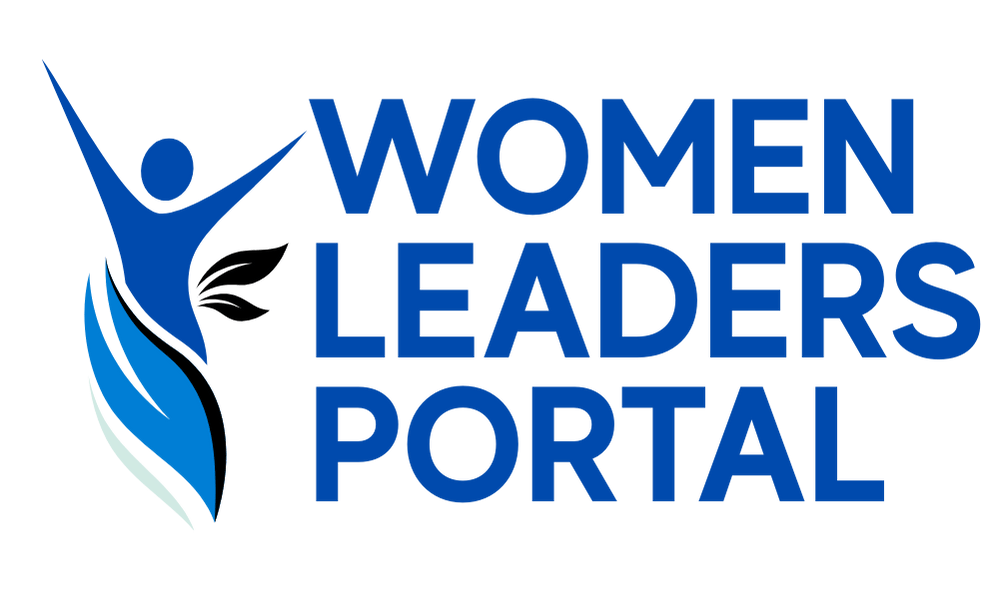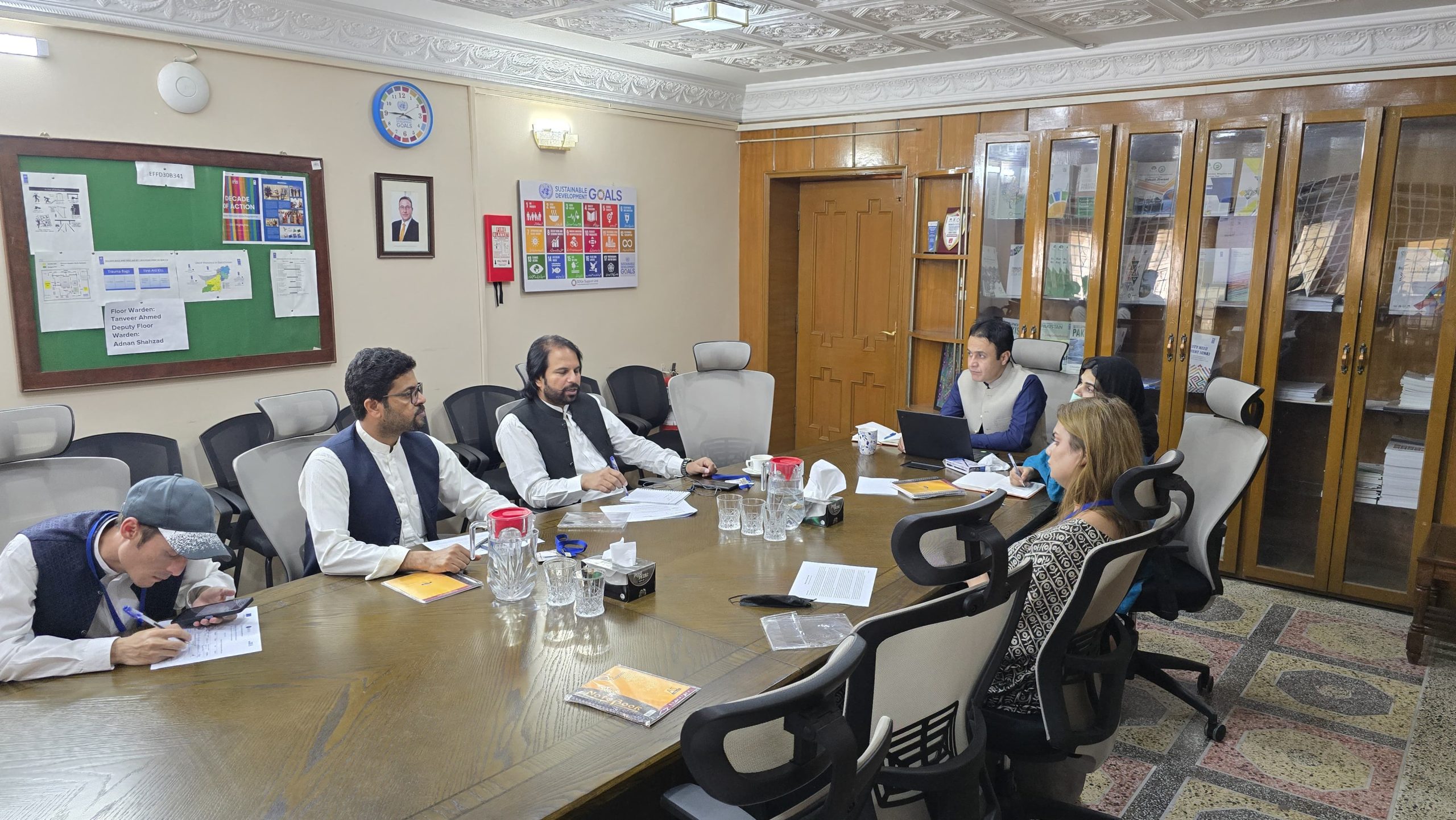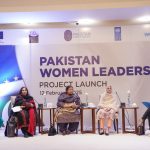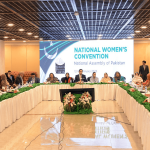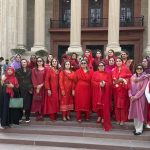Consultative Sessions on Mentorship Programme – Pakistan Women Leaders (PWL) Project
Quetta, 14-15 May 2025: UN Women tean conducted two focused consultative sessions on 14–15 May 2025 at the UN Women Office in Quetta, Balochistan. The sessions brought together a diverse group of stakeholders including civil society organizations (CSOs), representatives from the Social Welfare (Human Rights Department), the transgender community, media professionals, minority representatives, and academia.
The objective of these sessions was to brief participants on the goals of the PWL Project and the upcoming mentorship programme, and to gather their insights, recommendations, and potential areas for collaboration through the designed questionnaires. They responded to the questions accordingly.
- Muhammad Abduhoo_ Director Social Welfare Department, GoB expressed strong support for the initiative and committed to linking the mentorship programme with KUMAK (the provincial government’s financial and technical support programme for PWDs). Additionally, they offered to facilitate access to relevant data through the Human Rights Section of the department.
- Abi Shay Bisharat_Prominent transgender activist highlighted recent progress by the provincial government, which has enrolled 60 transgender individuals under the Benazir Bhutto Scholarships for skills development and education. She expressed willingness to connect the PWL Project with transgender mentees and activists for potential inclusion as mentees.
- Civil society representatives shared their previous experiences in mentoring and leadership development initiatives of women and committed to identifying and connecting relevant stakeholders and potential mentees to strengthen the outreach of the PWL programme in Balochistan.
- Hussan Ara Magsi_Professor Political Science, UoB; emphasized the importance of engaging female university students, especially those aspiring to enter public or political life. They recommended initiating mentorship activities within university campuses to cultivate leadership potential at an early stage.
- Shezan William, a minority rights activist, shared key interventions focused on empowering minority women and pledged to assist in identifying suitable mentees from minority communities, particularly in the project’s target districts.
Overall, the sessions provided valuable input and established a strong foundation for stakeholder collaboration as the mentorship programme moves forward.
